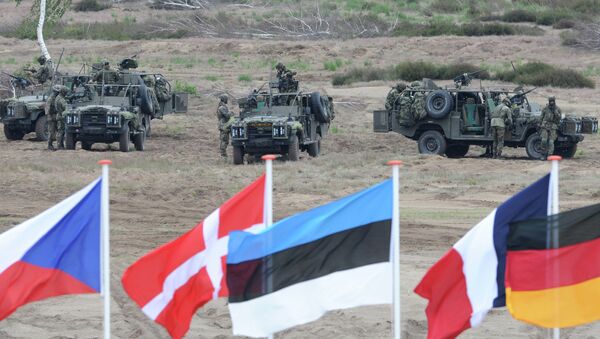Although tensions with Moscow indeed exist, the drills "play out a scenario of a real war" without necessity, Der Spiegel reported. Some alliance members also believe that on the eve of the NATO summit in Warsaw such maneuvers mean that the alliance is "going too far".
Formally, "Anaconda" is a national doctrine, but under pressure from Warsaw the drills have been attended by almost all NATO countries, and primarily the United States.
"For the alliance this is inconvenient: while Brussels has stressed that it intends to somehow restore the dialogue with Moscow, in Poland there is a war being played," the magazine stressed.
Although some countries like Germany try to convince Poland to take a more moderate stance, the new Polish government "strictly adheres to its anti-Russian course." Many fear that Poland might "politically poison" the NATO summit in Warsaw in July.
"Warsaw is acting intentionally provocative. Thus, it invited Georgia and Ukraine to take part in the Anaconda-16 exercise. Both would like to be part of NATO, but the alliance has rejected this idea for years, "not to irritate" Russia. But for the Poles, it doesn't matter. Warsaw has declared the NATO-Russia Founding Act, the basic agreement with Moscow, obsolete", the magazine wrote.
The first multinational operations within the framework of Anaconda 2016 Military Exercises, launched by NATO countries started in Poland on June, 6.
The drills will last until June 17. The exercises involve 31,000 troops from 24 NATO countries. A total of 3,000 military vehicles, 105 aircraft and 12 naval vessels are taking part in the maneuvers.


